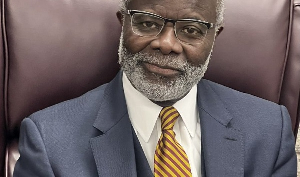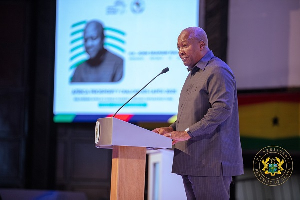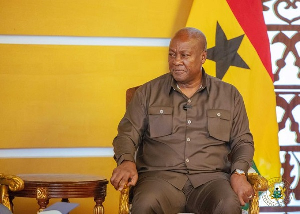The African Electoral Institute (AEI) has called on the Ghana Police Service to take disciplinary action against a police officer seen in a viral video, while in uniform, publicly displaying her political affiliation in violation of the Service’s laws, regulations, and code of ethics.
In a statement, the AEI said this appeal “is crucial because, by regulation and law, police officers are expected to remain neutral and impartial in the execution of their duties and are prohibited from publicly expressing political affiliations.”
The group noted that the Police Service Act (Act 350) of 1970 emphasises the importance of neutrality and impartiality among police officers and specifically prohibits them from engaging in partisan political activities, such as campaigning for, endorsing, or expressing support for any political party while in uniform or on duty.
Additionally, according to the police code of ethics and service instructions, it is an offence for an officer to engage in activities outside of their official duties that could involve them in political controversy, the civil society group noted.
It listed some of the core values of the Ghana Police Service as protecting the rights of Ghanaians, being impartial, respectful, open, and accountable to the community; and maintaining neutrality by taking initiative without taking sides.
The AEI underscored that police officers are under a “strict obligation to act impartially, as mandated by these laws.”
“It is, therefore, unlawful for a police officer, in uniform, to be seen dancing and celebrating with a political party at the Electoral Commission's office, as this violates the principles of neutrality and impartiality that the officer has sworn to uphold,” added the group.
It said: “This incident, which has gone viral on social media, undermines public trust in the police force.”
The group “strongly” urged the Ghana Police Service “to sanction the officer involved to serve as a deterrent to other officers and to preserve the integrity and neutrality of the institution.”
“This is especially important in the lead-up to the upcoming general elections on December 7, 2024, to maintain public confidence in the police force’s operations,” it noted.
General News of Wednesday, 25 September 2024
Source: classfmonline.com

















